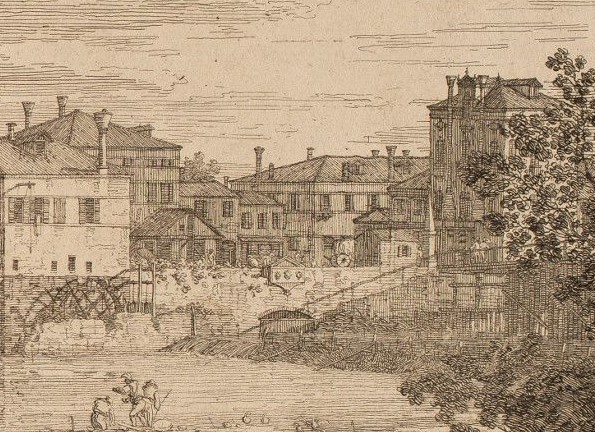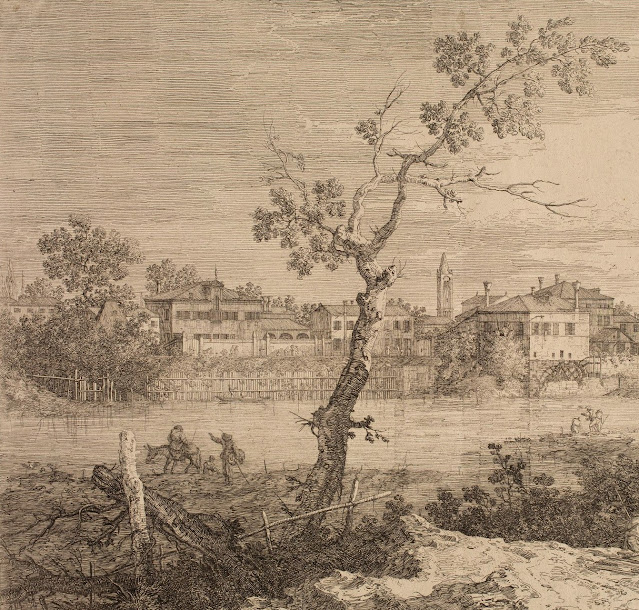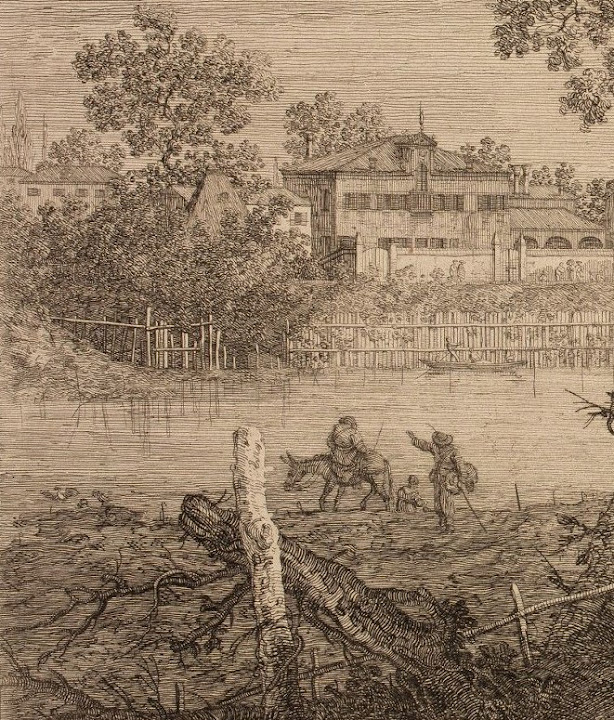Ten books by Avon/Equinox SF Rediscovery authors, and one by a non-related author. So, in other words, a pretty normal month. In addition, I continue to plug away at Swafford's Beethoven biography. However, I am now down to only 9 remaining authors, as I finished up works by J. G. Ballard last month. Next to be finished will likely be James Blish, in about three months. So, I am getting towards the beginning of the end of my project, which turned out to be much larger than first anticipated. I know I will be skipping out on huge numbers of fantasy books by Piers Anthony, his moneymakers, as he calls them. Most of them are pure garbage. But let's get started on August's offerings.
Speaking of garbage, I hit two clunkers in a row right off the bat. First up for August was Son of Man by Robert Silverberg, 212 pages of sheer pain and agony for readers. Think of the worst kind of creative writing from the early 70s you can imagine, and then add several magnitudes of unpleasantness, and you have a very bad book. However, this one was reprinted as recently as 2011. Why? Are people actually fooled by this kind of crap, and think they are reading some kind of literature? Usually with his newer reprints Silverberg gives an introduction and talks about the birth of the novel in question. I have an old print of it, without any explanations. I would truly hate to read anything that Silverberg has to say in defense of this story. The book went directly from my bedside to the recycle bin when I was done.
And the same with Piers Anthony's Firefly, a horror novel with monster that is filled with endless amounts of graphic and mostly unnecessary sex, along with a main character that tells endless and very long stories right in the middle of a chapter that might have actually gone somewhere before being interrupted. Books like this one make me feel so sad for those writers who write much better stories and never find a publisher their entire life, while someone like Anthony can seemingly get anything published that he writes. This one is seriously bad news, and I ended up throwing it in the garbage can rather than recycling it, in case someone sorting the material grabbed the book and decided to read it themselves. It's a horror novel all right, though perhaps not in the manner intended by its author.
Thirdly, along came Harry Harrison to set things right again, as he usually does. I've had very few misfires from this author, and I love his storytelling. The Stainless Steel Rat Gets Drafted deals with several of Harrison's favourite themes; sending up the military, especially boot camp, and taking on small dictators. This is the 2nd book in the series dealing with the youthful adventures of Jim deGriz, having already written several about the adult Jim. All the Rat books are very, very funny, and usually contain more truth about things than almost any serious novel by other authors.
Next came The Suns Of Scorpio, the 2nd novel in the huge Dray Prescott series by Kenneth Bulmer. They seem to come in groups of five, so I am committed to reading at least the first five books. It is an hommage to Edgar Rice Burroughs and H. Rider Haggard, among others. They can be classed as pulp adventure. Though the second story wasn't too bad a read, it had a truly terrible ending, which really spoiled things for me. With a better ending this might have been a worthwhile few hours of reading. The planet of Scorpio is enormous, and we seem to spend time each new novel in completely different parts of it, which can be not only tedious, but leaves us with little sense of place or orientation.
A Scattering of Stardust contains 7 short stories and a novelette by E. C. Tubb. All of them are solid stories, very original, and easy to read. By far the best of the batch is called "Little Girl Lost," about an important government scientist who stops working on his special project when his young daughter is killed in a hit and run accident. An agent is sent to try and get the man working again. A devastating ending comes as quite a surprise.
Jack Williamson continues to hit home runs, this time with Manseed, from 1982. In all the SF I've read over the past 6+ years, very few people have a workable plan to get humans into deep space in other star systems. Jack has one of the most brilliant schemes, and one that might have a chance at actually working. Seed a thousand tiny ships or more, and send them out with humanistic
robots and a very smart computer, along with human DNA that can be
reconstructed upon arrival upon a successful candidate planet. Equip each ship with a Defender, a robot with some human characteristics that can assist in times of trouble. The story is about one such Defender on one such seed ship, and the story is not only gripping and intense, but is actually believable. In addition, its cover art wins this month's award for best art.
Cover art by Rick Sternback, winning my Cover of the Month for August.
More Sword and Sorcery by Michael Moorcock was next. Phoenix In Obsidian is Book 2 in the Eternal Champion sequence, starring Erekose (as Ulric) in an Arctic adventure that I quite enjoyed. Lots of bad people, lots of good people, and the two never seem to mix well together. The
plot continually moves along, and the adventure is quite a good one.
The book ends with a definite cadence, though left open for more
adventures, which, thankfully, did occur.
The last of Ballard's short fiction was next, with several highlights. News From The Sun, Memories of The Space Age, Report On An Unidentified Space Station, The Secret History of WW3, The Enormous Space, and The Largest Theme Park In The World (about a United Europe) are all outstanding, and often times darkly funny. I really don't know what I would do if I had to choose between Ballard's many novels and his shorter fiction. Luckily I have both in my collection, and I consider them both indispensable. He is an author I will return to frequently, and continue recommending to friends. There is one novella that I can't seem to find, but I will continue my search until I do.
Underlay by Malzberg is his second dealing with horse racing and betting. This one is very funny, as a man who owes money to the mafia is given a job to do to make things even. The job involves digging up a body buried on the track, and hilariously involves a cello case. The novel is not SF, but fans of Malzberg will not want to miss this one. There are a goodly number of non-SF books that these 24 Avon authors wrote, so I am also getting a healthy dose of literature mixed in with my Rediscovery project. This is one of those.
Last but never least came a story by James Blish I had never heard of before. Get Out Of My Sky is from 1957, is barely longer than a novella, and concerns a diplomat that is given a deadline to make peace with a nearby planet, or else both worlds face total nuclear destruction. It could easily have been written as non SF, as the story deals more with human stupidity than anything else, though an ESP angle adds a lot to the story.
I had time for one non-related work, and I finally picked up an Iain Banks novel that has been sitting on my shelf for many years. At nearly 400 pages, The Steep Approach To Garbadale is a really good novel, and I kept turning pages for four days until it was done. The last part of the book helped keep me sane whilst we dealt with the aftermath of euthanasia for our last kitty cat in the house. There are no cats in the story, but lots of interesting people, and plenty of wild Scottish landscape. There are still several Banks novels that I have not yet acquired, so I am looking forward to more of his writing soon. This one is about a rich family, famous for inventing and marketing the board game Empire. The story is focussed on Alban, and his incestuous relationship with a favourite female cousin (Cuz cuz, sweet cuz). It's a pretty straight forward novel, without violence and very little sex, and I really enjoyed reading it.
Mapman Mike

























